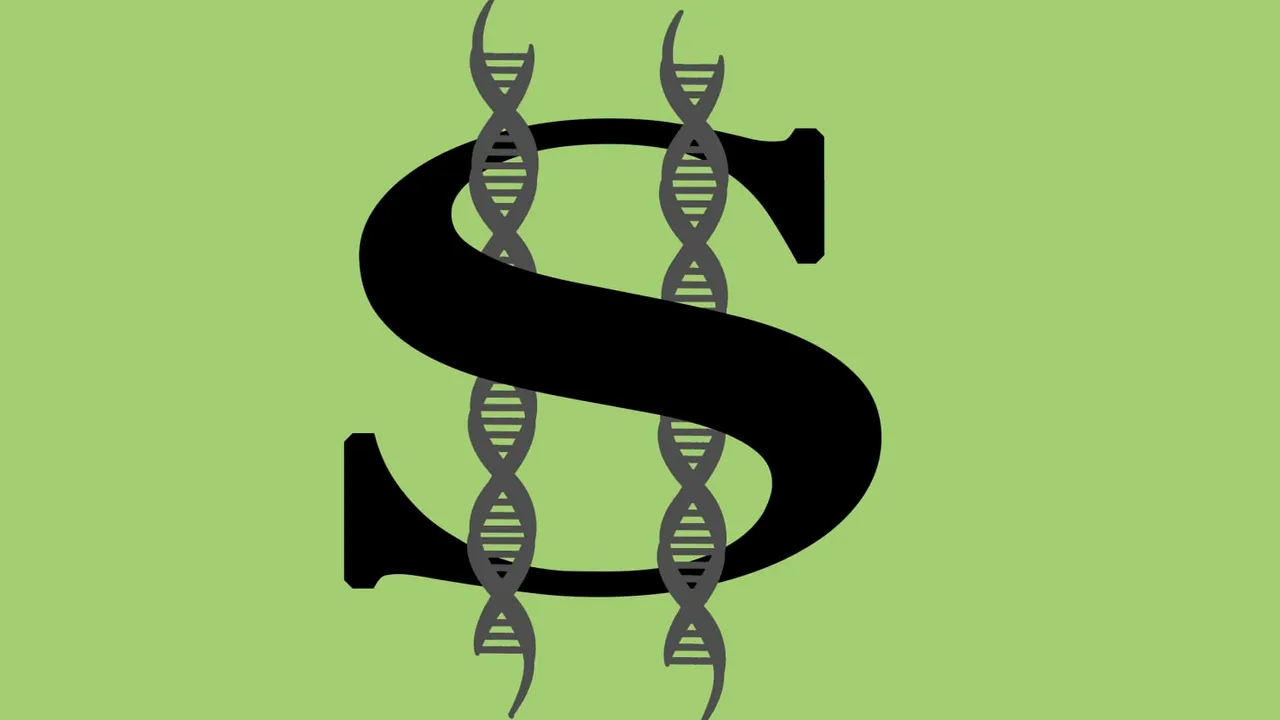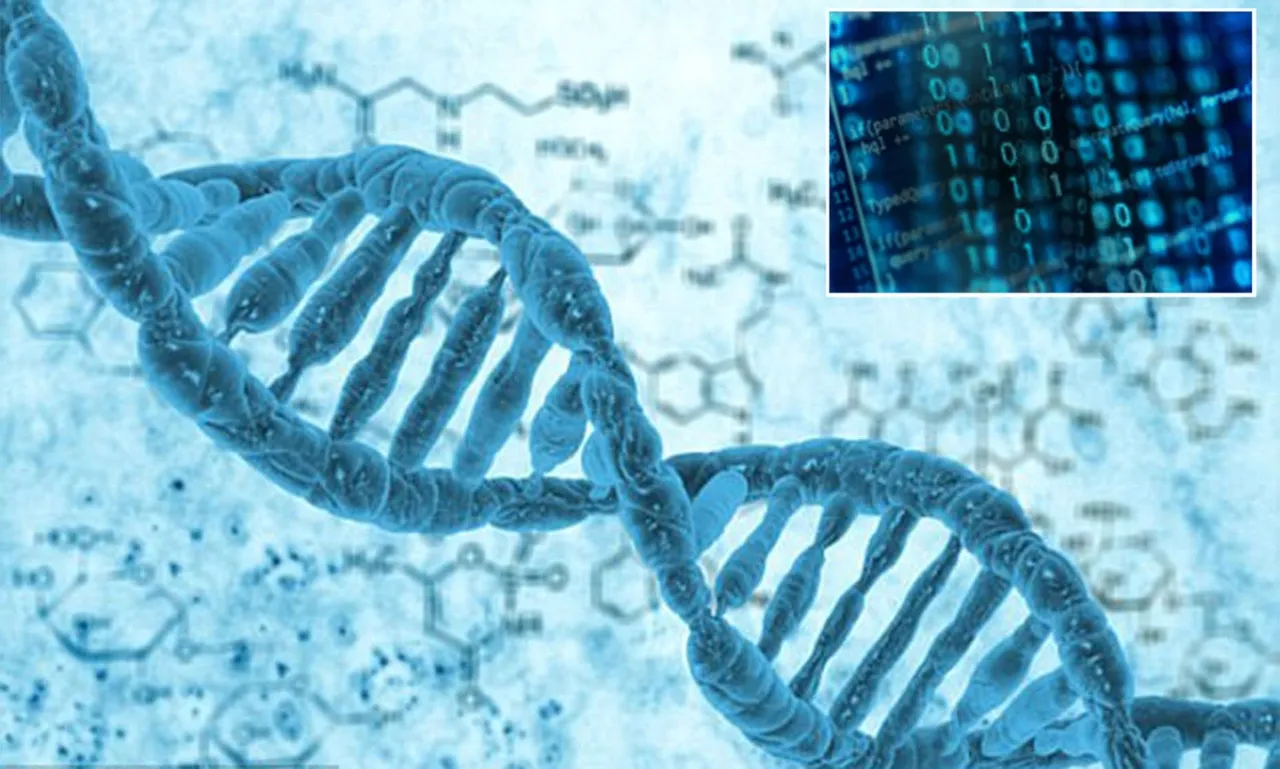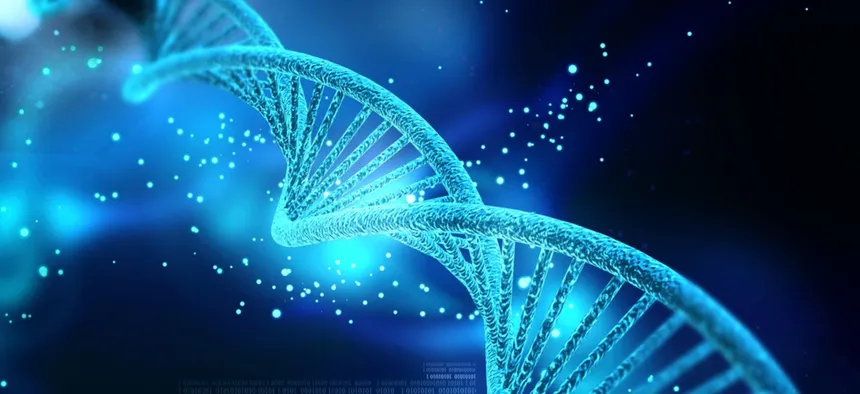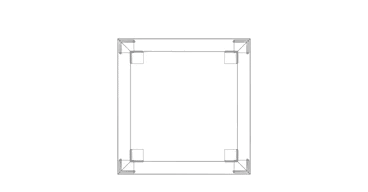“DNA won’t degrade over time like cassette tapes and CDs, and it won’t become obsolete,” says Yaniv Erlich, a computer scientist at Columbia University. And unlike other high-density approaches, such as manipulating individual atoms on a surface, new technologies can write and read large amounts of DNA at a time, allowing it to be scaled up.

Scientists have been storing digital data in DNA since 2012. DNA could store only 1.28 petabytes per gram of DNA. Other approaches have done better. But none has been able to store more than half of what researchers think DNA can actually handle, about 1.8 bits of data per nucleotide of DNA. (The number isn’t 2 bits because of rare, but inevitable, DNA writing and reading errors.) By Robert F.
More here

Pentagon wants to store its sensitive data on DNA by 2028 in a bid to safeguard 'limitless' amounts of private information Source

Intelligence Community Wants to Use DNA to Store Exabytes of Data
Source
